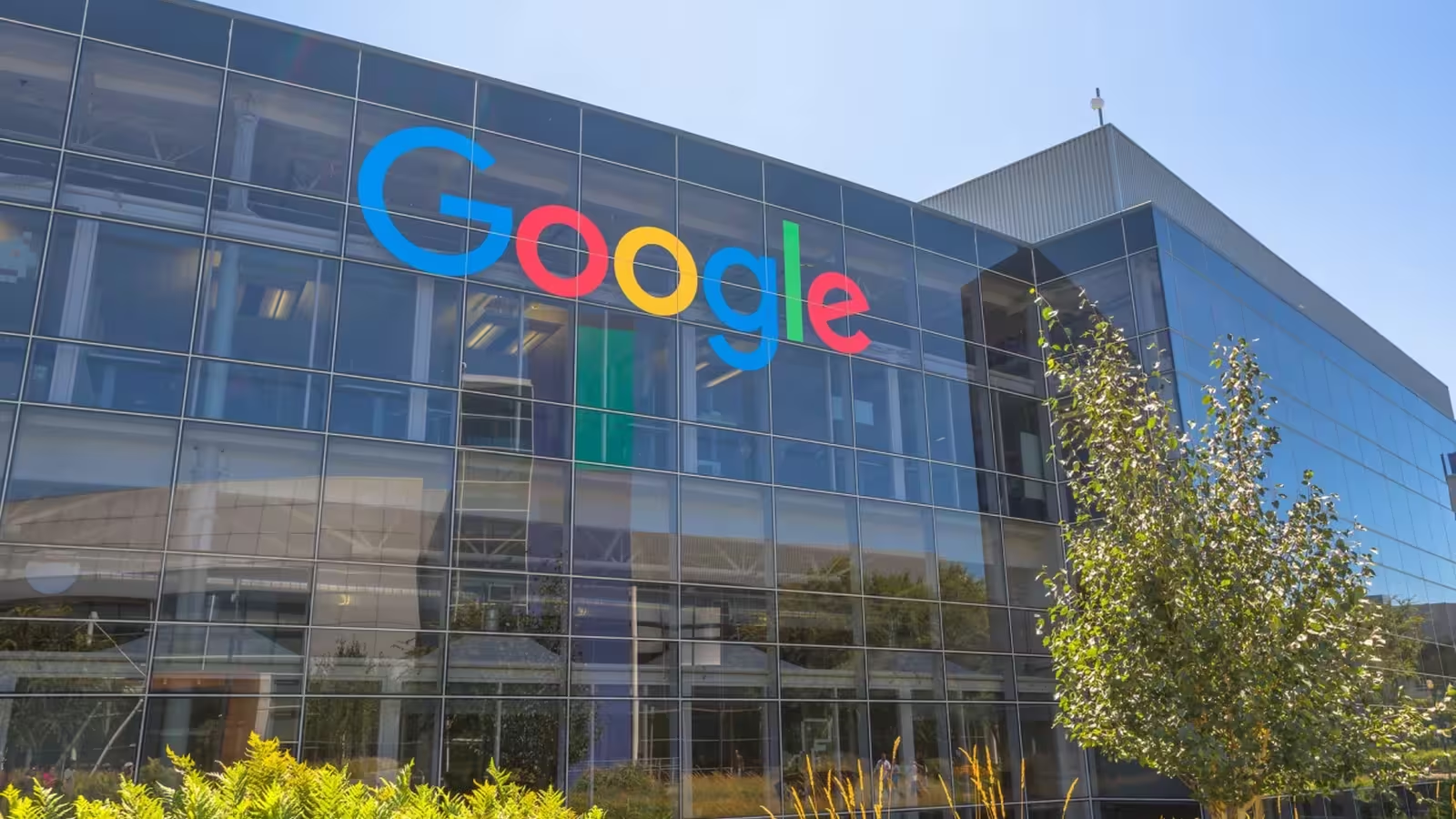5 Minutes
image widget. Press Enter to type after or press Shift + Enter to type before the widget
Google Boosts Gemini by Onboarding Windsurf’s CEO and Top AI Developers
In a major move to strengthen its artificial intelligence capabilities, Google has invested $2.4 billion to onboard Varun Mohan, CEO of the trailblazing AI coding platform Windsurf, along with several senior research and development staff. While this strategic acquisition brings talent and a non-exclusive license to Windsurf’s innovative technology under Google’s umbrella, it notably stops short of an outright company acquisition.
A Twist in the Tale: OpenAI’s Failed Bid Opens Door for Google
This talent acquisition comes on the heels of an abandoned deal between OpenAI and Windsurf. Sources indicate that OpenAI's concerns about Microsoft’s intellectual property rights and potential access led the company to let its deadline for the acquisition lapse, clearing a path for Google’s timely move.
A Google spokesperson commented, “We’re thrilled to integrate exceptional AI coding talent from Windsurf into Google DeepMind as we aim to accelerate advancements in agentic coding. Our mission to empower developers globally with Gemini’s capabilities only grows stronger.”
Windsurf: Redefining Code Creation with AI-Driven Features
Windsurf has emerged as a transformative integrated development environment (IDE) redefining how developers and beginners approach programming. Unlike traditional IDEs requiring painstaking familiarity with programming syntax, Windsurf leverages artificial intelligence to allow users to communicate their goals in natural language. The system’s advanced AI then interprets the instruction, generating code accordingly and adjusting based on user feedback—a true democratization of coding.
This approach allows anyone, from seasoned developers to complete novices, to create and edit software through intuitive dialogue. Whether correcting an initial output or refining requirements, users can interact with the AI much like conversing with a coding partner. Such accessibility not only empowers new coders but also removes long-standing barriers to software development.
Unique Positioning Among AI-Powered Coding Tools
While AI integration is trending in the coding world, with giants like Microsoft and Google offering AI extensions for platforms such as Visual Studio Code, and players like Cursor building on tight AI integrations, Windsurf stands out for building its environment with AI at the core from inception. Furthermore, it has attracted widespread attention for its generous free tier, making advanced AI coding accessible without steep upfront costs.
For seasoned developers preferring traditional coding workflows, Windsurf doesn’t disappoint—features like intelligent auto-completion and context-aware suggestions help speed up development cycles, enhancing productivity and efficiency in professional environments.
The Strategic Importance for Google’s Gemini Platform
Google’s Gemini large language model, especially since its 2.0 iteration, has set new benchmarks in the AI sector, outpacing even competitors like ChatGPT in several scenarios, notably in the free usage tier's capabilities. By integrating Windsurf’s talent and technology, Google aims to further elevate Gemini’s status as a top-tier AI coding assistant, intensifying competition with Microsoft’s Copilot and emerging platforms like Cursor.
This move fits into a larger pattern seen across the tech industry, where titans compete to secure cutting-edge AI talent and intellectual property. The impact is already visible—software developers stand to benefit from faster, smarter, and more intuitive tools for coding, debugging, and deploying software.
Questions Over the Future of Windsurf and Free AI Coding
OpenAI’s erstwhile interest in Windsurf sparked concerns over whether its famously accessible free tier would survive a potential acquisition. While Google’s current agreement does not involve a full buyout, the move of high-level talent and exclusive know-how to Google still raises questions about Windsurf’s long-term mission and roadmap.
A similar story played out last year when Microsoft poached the head of Inflection AI, previously known for its empathetic Pi AI product. The company quickly pivoted away from consumer offerings, choosing to focus exclusively on enterprise solutions.
Despite these concerns, Windsurf continues to attract a growing base of developers and coding enthusiasts. Observers hope that the company will remain committed to its ethos of accessibility and innovation. Meanwhile, Google’s own history demonstrates a pattern of initially offering premium AI features for free—only to seek monetization through advertising, as seen with YouTube in recent years.
Market Impact and the Future of AI-Enabled Development
As Google integrates Windsurf’s expertise into Gemini, the tech world watches carefully to see how the move will influence the landscape of AI-powered software development. Developers can expect sharper, more accessible, and more intelligent tools in the coming months, as Google doubles down on its pursuit of AI leadership. The acquisition marks a milestone not only for Google and Windsurf but for the ongoing evolution of the software development industry.
Source: neowin


Leave a Comment